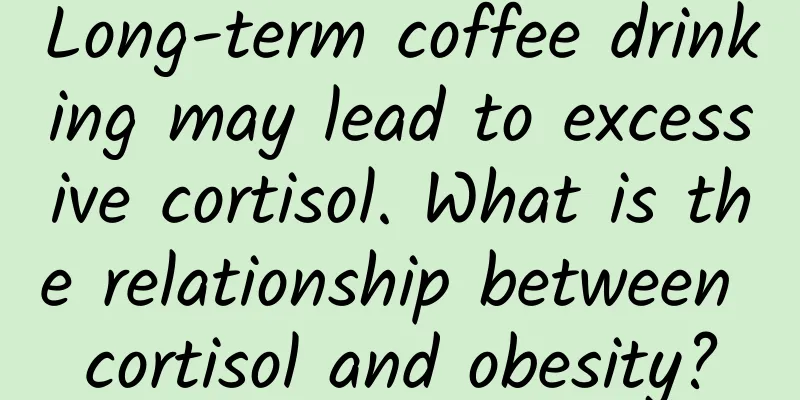Is it important to have high risk prenatal screening?

|
Women need to do many prenatal checkups during pregnancy, especially when they are approaching their due date. For the health of the baby, they must do a prenatal screening. Prenatal screening is mainly to avoid high risks during delivery, and it can also screen out matters that were missed in previous examinations, which can make delivery safer for women. So does it matter if the prenatal screening shows high risks? With the advancement of medical technology and for the sake of the health of the baby, more and more pregnant women will undergo prenatal screening during pregnancy. But in fact, many pregnant women do not know much about prenatal screening. Sometimes they are confused by the test data. When the doctor says that the prenatal screening shows high risk, they don’t know what is going on. So let’s find out what to do if you are found to have high risk during prenatal screening. Screening diseases include Trisomy 21, also known as Down syndrome, has a natural incidence of 1/700. The incidence rate increases with the age of the mother. The main manifestation is an increase in HCG levels in the serum of pregnant women and a decrease in AFP and free estriol levels. Trisomy 18, also known as Edwards syndrome, has a natural incidence of 1/5000 and is mainly manifested by decreased levels of HCG, AFP and free estriol in the serum of pregnant women. The syndrome is fatal; the fetus can be delivered but usually does not survive more than a month after birth. What to do if you have high risk in prenatal screening Down syndrome screening mainly measures the AFP value, HCG value and other non-specific biochemical indicators in the pregnant woman's blood, and then compares them with the average of normal pregnant women during the same period. Combined with age, weight and other information, after probability analysis, it is determined what the probability of each fetus suffering from Down syndrome is. This is not a diagnostic method. Therefore, a positive screening result strictly means a high-risk screening result, and a positive prenatal diagnosis means a real illness. According to industry standards for prenatal screening, approximately 5 out of every 100 pregnant women will receive high-risk screening results. Therefore, a positive screening result only narrows the range of fetuses that may have Down syndrome in the population and reduces the range of those who need amniocentesis for confirmatory testing. At the same time, a negative screening result strictly means a low-risk screening result, which means that the possibility of the fetus suffering from Down syndrome is low, and no further confirmatory examination is needed for the time being. However, from the perspective of fetal medicine, pregnant women still need to undergo detailed ultrasound examinations at 20-26 weeks to rule out fetal malformations. It should be noted that in the case of high-risk Down syndrome screening, the risk of the fetus being born with Down syndrome is not high. Therefore, pregnant women do not need to worry about the results of this test, and it is more appropriate to go to the hospital to seek advice from a professional doctor. |
<<: What to do if the endometrium does not expand
>>: Ovulated last night and had sex tonight
Recommend
How can a 14-year-old girl grow taller quickly?
Height refers to the length of the vertical part ...
What to do if you get angry during pregnancy
The solutions for pregnant mothers and ordinary p...
What color is a girl's first menstrual period?
For adolescent girls, menstruation is a big deal....
Causes of lower abdominal pain in women
Lower abdominal pain in women is generally caused...
What are the symptoms of vaginal itching?
The main cause of vaginal itching is inflammation...
GlobalData: Global Real-Time Payments Report 2023
The next phase of real-time payments growth has a...
Urticaria during pregnancy
Pregnancy is a very important period for women. D...
Dysmenorrhea pain index
Menstruation is a physiological reaction for wome...
It hurts, it hurts, I can't stop tearing my barbs! It's not because of vitamin deficiency, but because of this habit...
Expert of this article: Zhou Xiaobo, Doctor of Me...
Eat these 9 kinds of weight-loss vegetables regularly and you won’t gain weight
Vegetables are rich in nutrients such as vitamins...
What are the clinical manifestations of premature ovarian failure infertility?
If the body shows premature ovarian failure infer...
What are the precautions for rechecking prolactin?
Prolactin is a very important hormone in the huma...
Small blisters in private parts
Generally speaking, the female private parts are ...
When will Fengshui pears be available? What are the nutritional values of Fengshui pears?
We all know that pears can relieve phlegm and cou...
The most standard nipple picture chest
It is not difficult to find that every woman hope...









